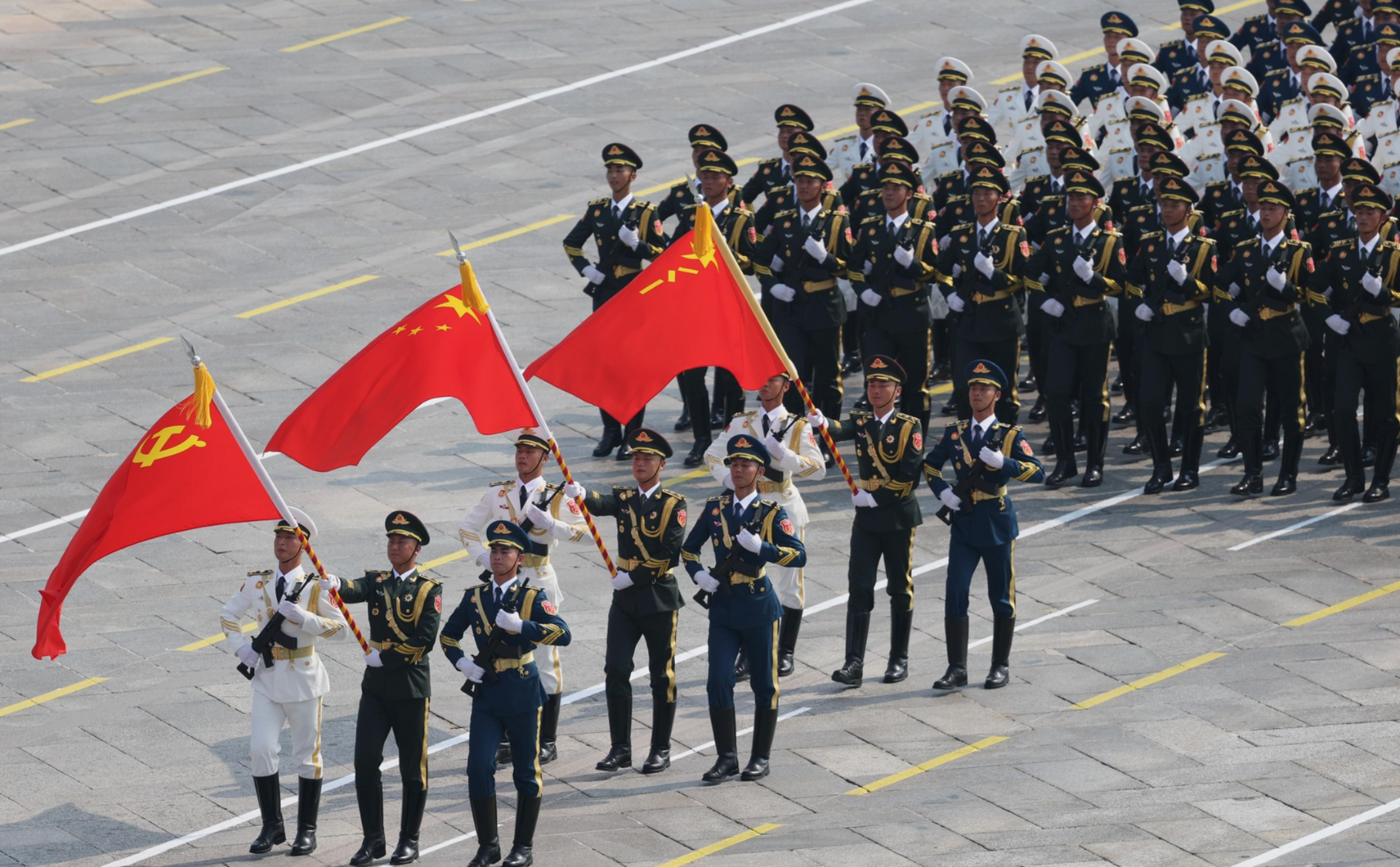Written by Federica Cidale
While she broke a significant glass ceiling, her policy positions, from historical revisionism and expanded national security powers to restrictive immigration policies, reinforce existing conservative structures.
Read More










